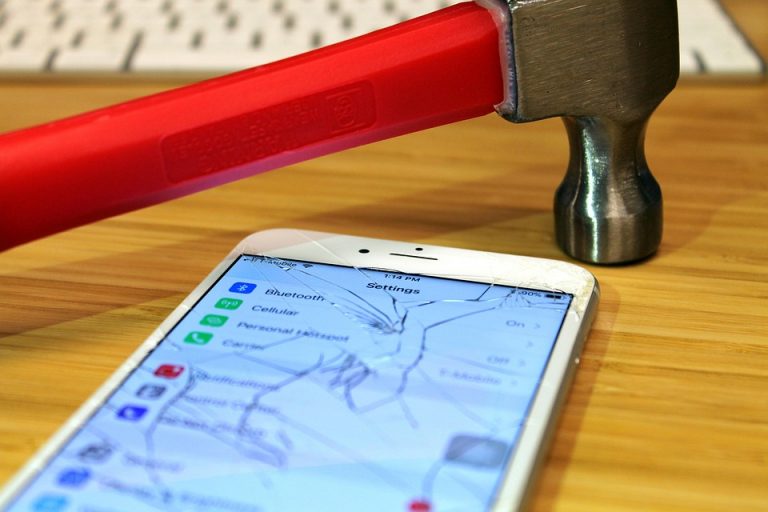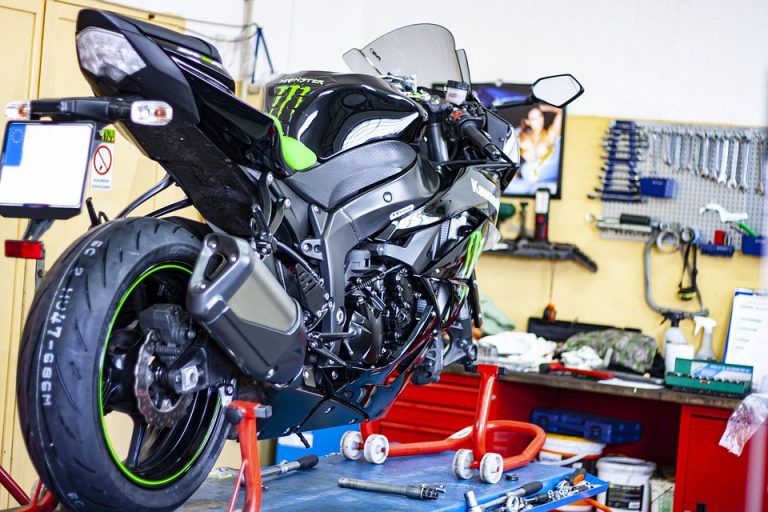Is your Windows startup taking forever? You’re not alone. The frustration of waiting for your computer to boot up can feel like an eternity, especially when you have important tasks to tackle. But it doesn’t have to be this way. Understanding what’s slowing down your startup can empower you to take action and reclaim your time.
Contents
Understanding Windows Startup
When you press that power button, several processes kick off. Your operating system loads, applications start, and drivers engage. Ideally, this should happen swiftly. But if your Windows startup is sluggish, it means something in this chain is dragging its feet.
Why does this matter? A slow startup can affect your productivity and mood. Whether you’re a student, a professional, or a casual user, a snappy start sets the tone for your day. Let’s dive into the common culprits behind a sluggish startup and, more importantly, how you can fix it.
Common Causes of a Slow Windows Startup
Understanding the root of your slow startup is the first step. Here are some common reasons why your Windows startup might be taking longer than expected:
1. Too Many Startup Programs
Are you a fan of multitasking? Your computer might be, too. However, having too many programs launching at startup can bog down your system. Each application you install often adds itself to the startup list, making your computer work harder.
2. Malware and Viruses
Let’s be real: malware is the unwanted guest at your digital party. It can not only slow down your startup but also compromise your data. Regular scans are essential for keeping your system healthy.
3. Fragmented Hard Drive
Over time, your files may become fragmented, leading to slow access times. A fragmented hard drive is like a messy room—everything takes longer to find and organize.
4. Outdated Drivers
Drivers are crucial, acting as the bridge between your hardware and the operating system. Outdated or corrupt drivers can cause performance issues, including slow startups.
5. Hardware Limitations
If your computer is older or has limited hardware specifications, it might struggle to keep up with the demands of modern applications and updates.
Steps to Speed Up Your Windows Startup
Now that you know what’s causing your slow startup, let’s explore actionable steps to speed things up. These fixes are straightforward and can yield significant improvements.
1. Manage Startup Programs
How to Do It:
- Right-click on the Taskbar and select Task Manager.
- Click on the Startup tab.
- Review the list of applications. Right-click on any that you don’t need at startup and select Disable.
Why It Works: Reducing the number of programs that launch at startup frees up resources for the essential processes, making your computer boot faster.
2. Scan for Malware
How to Do It:
- Use Windows Defender or any reputable antivirus software.
- Run a full system scan.
Why It Works: Killing off malware not only speeds up your boot time but also protects your data and privacy.
3. Defragment Your Hard Drive
How to Do It:
- Search for Defragment and Optimize Drives in the Windows search bar.
- Select your hard drive and click Optimize.
Why It Works: Defragmenting organizes your files more efficiently, allowing the operating system to access data more quickly.
4. Update Drivers
How to Do It:
- Right-click on This PC and select Manage.
- Click on Device Manager.
- Right-click on any device with a yellow exclamation mark and choose Update Driver.
Why It Works: Keeping drivers updated ensures smoother communication between your hardware and software, enhancing performance.
5. Upgrade Your Hardware
How to Do It:
- Consider adding more RAM if your computer allows it.
- If you’re using a traditional hard drive (HDD), think about switching to a solid-state drive (SSD).
Why It Works: More RAM allows for better multitasking, while an SSD significantly speeds up boot times and overall performance.
Advanced Fixes for Persistent Issues
If the common fixes don’t do the trick, it might be time to dig a little deeper. Here are some advanced strategies.
1. Clean the Registry
Windows Registry is a database that stores low-level settings for the operating system and applications. Over time, it can become cluttered and lead to performance issues.
How to Do It:
- Use a trusted registry cleaner tool to scan for and fix issues.
Why It Works: A clean registry can lead to better system performance and faster boot times.
2. Check for Windows Updates
Keeping your operating system updated is essential for performance and security.
How to Do It:
- Go to Settings > Update & Security > Windows Update and check for updates.
Why It Works: Updates often include fixes for bugs and enhancements that can improve startup times.
3. Disable Fast Startup
Sometimes, the Fast Startup feature can cause more problems than it solves. Disabling it might help.
How to Do It:
- Go to Control Panel > Power Options > Choose what the power buttons do.
- Click on Change settings that are currently unavailable.
- Uncheck Turn on fast startup.
Why It Works: This can sometimes resolve conflicts that slow down the startup process.
When to Seek Professional Help
If you’ve tried all the above solutions and your Windows startup is still taking forever, it may be time to consult with a professional. Persistent issues could indicate deeper problems, such as hardware failures or severe malware infections.
Consider Consulting:
- A local IT service.
- Online tech support forums.
- Your computer’s manufacturer support.
Bottom Line
Is your Windows startup taking forever? It doesn’t have to be a daily headache. By managing startup programs, scanning for malware, defragmenting your hard drive, updating drivers, and considering hardware upgrades, you can drastically improve your system’s performance.
Take the reins of your computer’s health. You deserve a technology experience that supports you, not hinders you. So, roll up your sleeves and tackle those startup woes today!
FAQs
Q: Why does my computer take so long to start up?
A: A slow startup can be due to too many programs launching, malware, fragmented files, outdated drivers, or hardware limitations.
Q: How can I tell which programs are slowing down my startup?
A: Use the Task Manager to review and manage startup applications.
Q: Is defragmenting my hard drive necessary?
A: It’s beneficial for traditional hard drives, but not necessary for solid-state drives (SSDs).
Take action now and enjoy a faster, smoother computing experience. Your time is precious—don’t waste it waiting for your computer to wake up!








